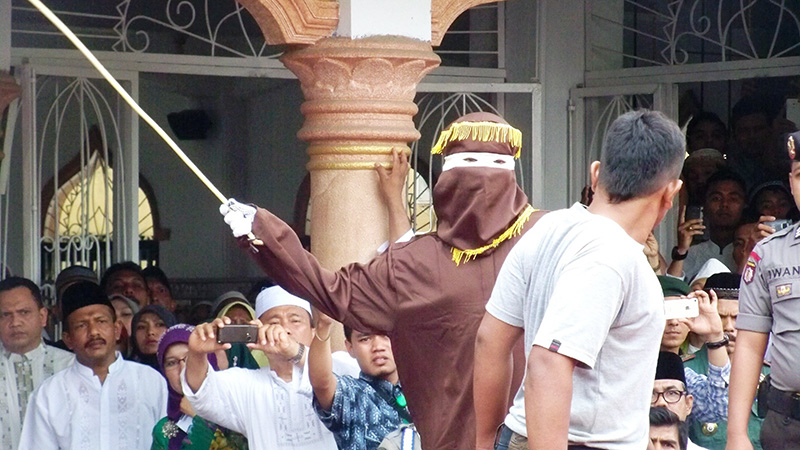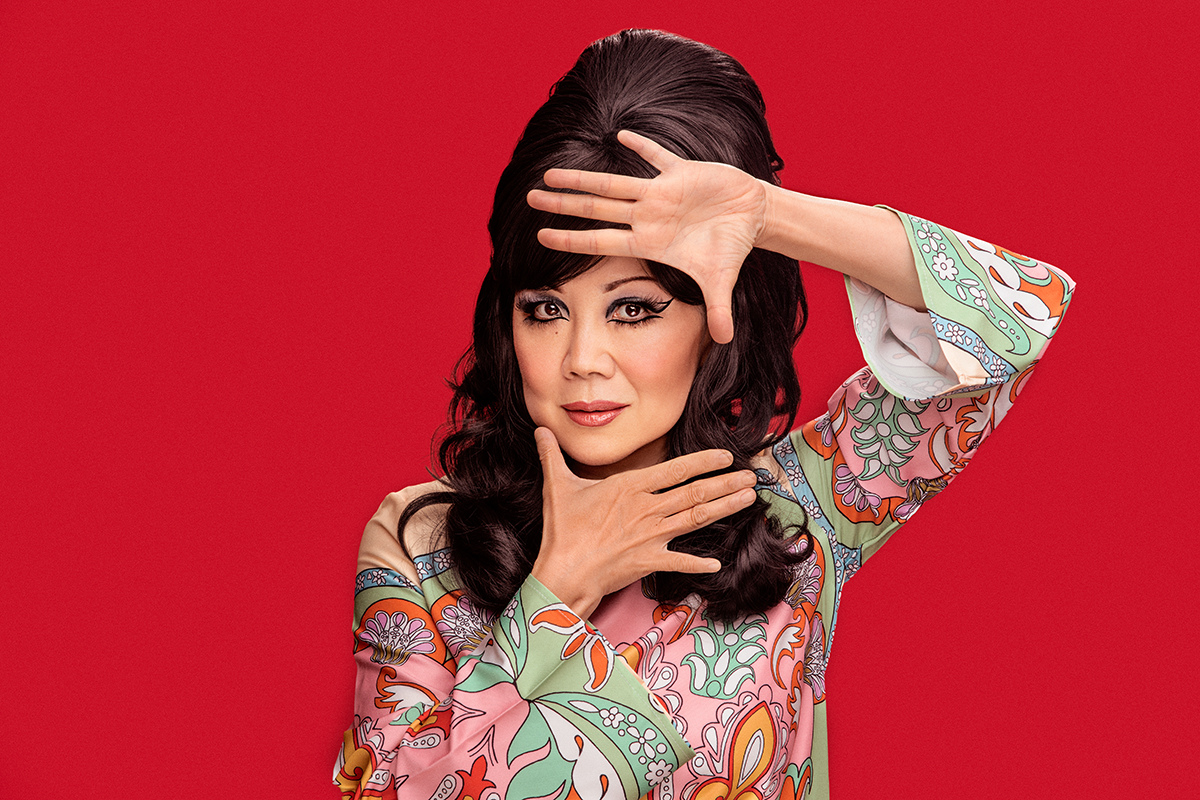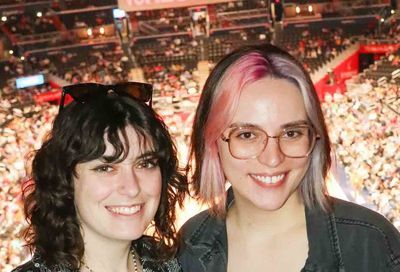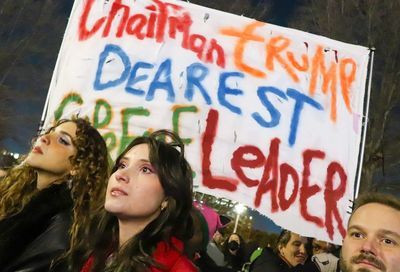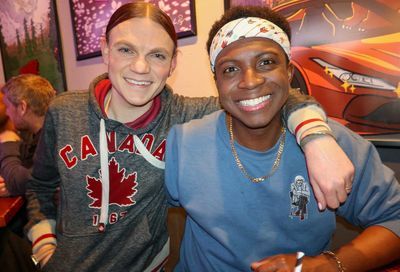NOM Claims the Mantle of the Civil Rights Era
From the National Organization for Marriage’s website, NOM executive director Brian Brown announced today at the latest “Summer for Marriage” tour stop in St. Paul, Minnesota:
“We’ve taken great pains to make clear what were all about. We view ourselves as a new civil rights movement … committed to something that in the 1960s was key: the right to vote.”
Stop. Re-read that.
For some context, here’s how the United States Department of Justice describes the impetus for and passage of the Voting Rights Act in 1965:
By 1965 concerted efforts to break the grip of state disfranchisement had been under way for some time, but had achieved only modest success overall and in some areas had proved almost entirely ineffectual. The murder of voting-rights activists in Philadelphia, Mississippi, gained national attention, along with numerous other acts of violence and terrorism. Finally, the unprovoked attack on March 7, 1965, by state troopers on peaceful marchers crossing the Edmund Pettus Bridge in Selma, Alabama, en route to the state capitol in Montgomery, persuaded the President and Congress to overcome Southern legislators’ resistance to effective voting rights legislation. President Johnson issued a call for a strong voting rights law and hearings began soon thereafter on the bill that would become the Voting Rights Act.
Congress determined that the existing federal anti-discrimination laws were not sufficient to overcome the resistance by state officials to enforcement of the 15th Amendment. The legislative hearings showed that the Department of Justice’s efforts to eliminate discriminatory election practices by litigation on a case-by-case basis had been unsuccessful in opening up the registration process; as soon as one discriminatory practice or procedure was proven to be unconstitutional and enjoined, a new one would be substituted in its place and litigation would have to commence anew.
President Johnson signed the resulting legislation into law on August 6, 1965.
The 45th anniversary of Johnson’s signing of the law, then, comes next Friday.
According to NOM’s schedule, the group is taking off that day from its tour.
The next day, however, on Saturday, August 7, NOM will be in the South, visiting Atlanta, which has a history that adds more context to Brown’s attempt to claim the mantle of the struggle for voting rights in the ’60s. From the Atlanta Regional Council for Higher Education’s “Atlanta in the Civil Rights Movement” website:
In 1965, a record 11 African Americans were elected to the state legislature, including Grace Towns Hamilton, Ben Brown, and Julian Bond (of SNCC). White members of the House of Representatives refused to seat Bond, claiming that he was un-American because of his statements against the Vietnam War. Bond ran for office and was elected three times. The House voided Bond’s election after each victory. It would take a federal court order to finally seat him in 1967.
Fighting discrimination, then, is what “was key” in the 1960s. The unwillingness of state officials to protect groups from that discrimination, likewise, is what the Voting Rights Act was “all about.” And, at the National Equality March this past fall, Bond — now the chairman of the NAACP — made it clear where he believed the spirit of the 1960s movement for equality now resides as he spoke forcefully for full equality for LGBT Americans. (The video of his speech can be found below the jump.)
* * * * *
The next stop of NOM’s tour — which has been met by countervailing pro-equality events organized by local groups, Freedom to Marry and the Courage Campaign throughout the tour — is set for Thursday, July 29, in St. Cloud, Minnesota.
* * * * *
Support Metro Weekly’s Journalism
These are challenging times for news organizations. And yet it’s crucial we stay active and provide vital resources and information to both our local readers and the world. So won’t you please take a moment and consider supporting Metro Weekly with a membership? For as little as $5 a month, you can help ensure Metro Weekly magazine and MetroWeekly.com remain free, viable resources as we provide the best, most diverse, culturally-resonant LGBTQ coverage in both the D.C. region and around the world. Memberships come with exclusive perks and discounts, your own personal digital delivery of each week’s magazine (and an archive), access to our Member's Lounge when it launches this fall, and exclusive members-only items like Metro Weekly Membership Mugs and Tote Bags! Check out all our membership levels here and please join us today!




